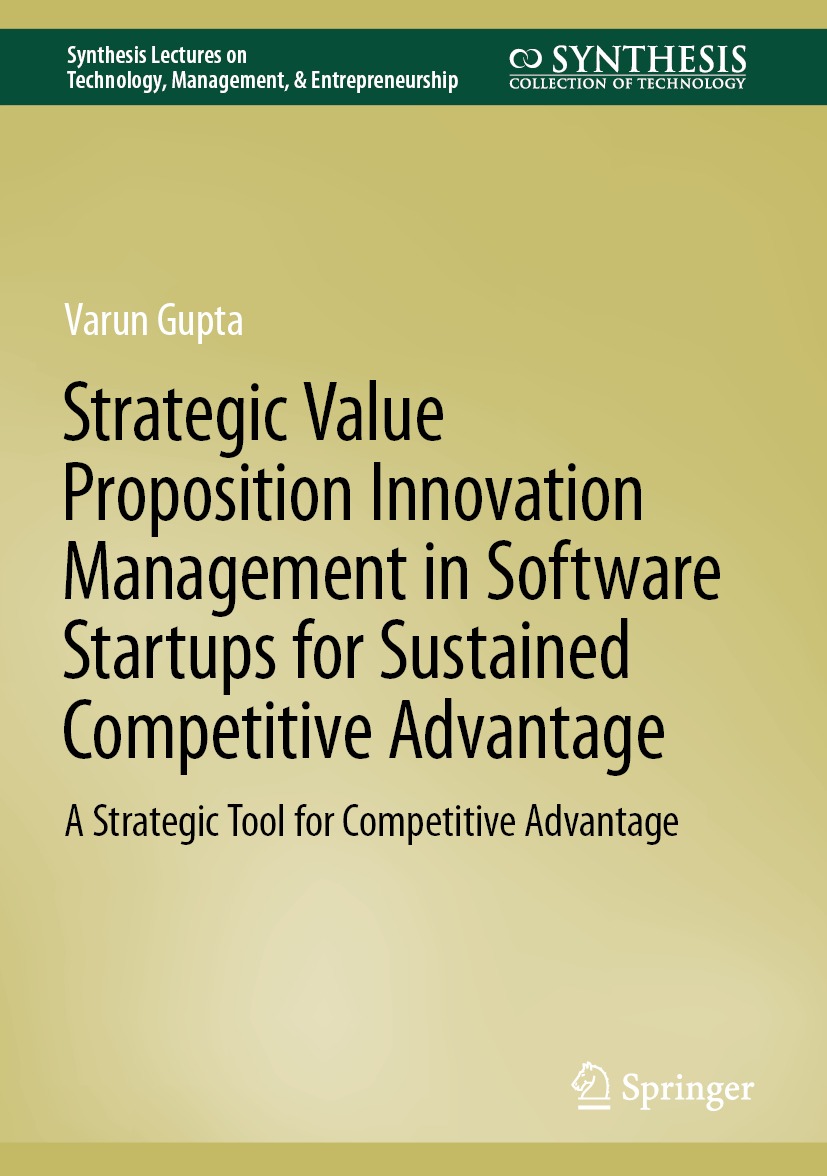New market trends and the emergence of the so-called Internet-based new economy' are leading companies to new forms of organization, mostly relying on privileged cooperation links. Nowadays, most manufacturing processes are not carried out by single enterprises. Rather, organizations feel the need to focus on their core competencies and join efforts with others, in order to fulfill the requirements of new products/services demanded by the global market. In a cooperative networked organization, every enterprise is just a node that adds some value to the process; namely, a step in the manufacturing/supply chain. Furthermore, manufacturing companies increasingly encompass what has typically been regarded as the domain of the service sector. They try to establish long-term relationships with their customers, in order to service their needs around a manufactured product. For these reasons, the area of virtual organizations and industrial virtual enterprises is attracting growing interest in terms of research and development, and implementation approaches for new business practices. The main emphasis of this book is on virtual enterprises and other networked organizations, with special focus on: supporting infrastructures and management of distributed business processes, intelligent multi-agent systems, knowledge management, human interfaces, and socio-economical aspects. Also included in the book are related topics on automation, both in manufacturing and transportation. Special attention is assigned to the fact that advances in information technology and new organizational paradigms will be used not only to induce new economic structures, but also to help a sustainable migration of existing systems towards the new economy. When electronic business initiatives attract such widespread attention, it is important to conciliate the old’ and `new’ economies under a balanced perspective. Advances in Networked Enterprises is essential reading for researchers and engineering students in production engineering, computer science, electrical engineering, mechanical engineering, industrial sociology, and transportation, as well as for engineers and practitioners in manufacturing and transportation systems organization and planning.

Categories:
Marketing, Marketing Strategies
Brand: Springer Nature
199.99 GBP
Buy Now










